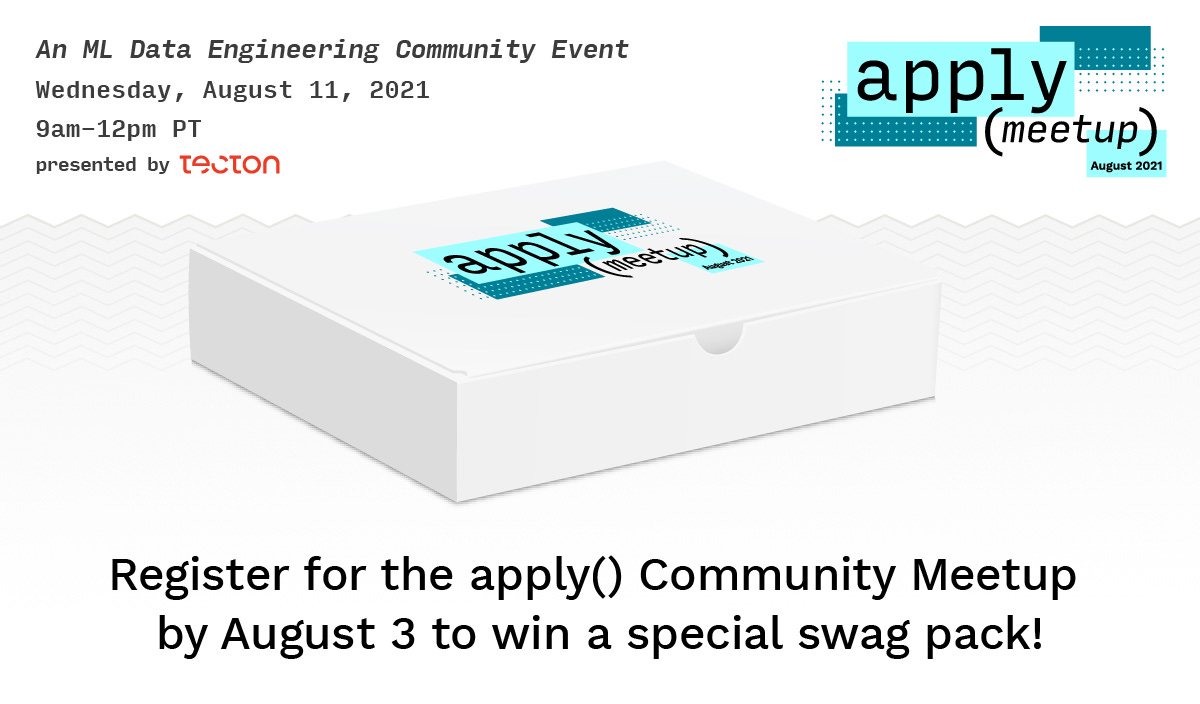🔱 Triton: GPU Programming for Deep Neural Networks
Free news digest about the most important things that happen in the ML world
📝 Editorial
For decades, the software industry has evolved, removing the dependencies in hardware architectures. Developers don’t spend any cycles thinking about hardware infrastructures when they develop web apps or APIs. The rise of deep learning seems to have brought us all the way back. Optimizations for GPU architectures are a common state in the lifecycle of deep learning models. Data science teams are often puzzled by the differences that GPU topologies can induce in the execution of neural networks. Optimizing for data partitioning, memory allocation, computation distributions, and other aspects are typically beyond the skill set of most data scientists.
The hardware dependencies in deep learning solutions are both a blessing and a curse. In some sense, these dependencies have unleashed a renaissance in AI hardware innovations. On the other hand, most machine learning teams struggle when it comes to GPU optimizations. This week, AI household OpenAI unveiled Triton, a new domain-specific language that abstracts the complexities of GPU optimizations. Triton removes many of the top challenges of GPU optimizations, such as memory coalescing, memory management, and computation scheduling. The core idea is that a machine learning engineer with no GPU experience can perform quite sophisticated optimizations without diving into the underpinning of the hardware. Triton represents one of the most exciting developments towards removing the GPU dependencies existing in deep learning systems today.
💎 apply (meetup)*
Tecton’s conferences and webinars are very well curated and super practical. Register today, it’s free. And you can win a swag bag ;)
*This section is sponsored by Tecton. We thank the Tecton team for their ongoing support of TheSequence.
Now, let’s review the most important developments in the AI industry this week
🔎 ML Research
Creating Generally Capable Agents by Playing
DeepMind published a fascinating research paper detailing the models for deep learning agents that can master many different games without human intervention ->read more on DeepMind blog
Few-Shot NAS
Facebook AI Research (FAIR) published a paper proposing a technique that combines few-shot-learning and neural architecture search (NAS) to automate the creation of neural networks with minimum computational cost ->read more on FAIR blog
AI and Common Sense
Researchers from MIT and IBM published a paper proposing a benchmark to evaluate signs of common sense reasoning in neural networks ->read more in the original research paper
🛠 Real World ML
Data Movement Architecture at Netflix Studio
The Netflix engineering team published a blog post detailing the architecture behind the ETL pipelines in Netflix Studio ->read more on Netflix technology blog
Containers and Hadoop at Uber
The Uber engineering team published a blog post about their journey to transfer their Hadoop infrastructure to Docker containers ->read more on Uber engineering blog
Sentiment Models at Airbnb
The Airbnb engineering team published a blog post detailing the use of sentiment models to assess customer service quality ->read more on Airbnb tech blog
🤖 Cool AI Tech Releases
OpenAI Triton
OpenAI open-sourced Triton, a Python-like programming language that abstracts the complexities of GPU programming ->read more on OpenAI blog
Advancing TF-Ranking
Google Research published a detailed blog post discussing recent advancements to the TF-Ranking framework for scalable ranking models ->read more on Google Research blog
💎 We recommend
Tecton’s conferences and webinars are very well curated and super practical. Register today, it’s free. And you can win a swag bag ;)
💸 Money in AI
Building AI&ML:
Congratulations to enterprise AI development platform DataRobot with a massive $300 million Series G funding round led by Altimeter Capital and Tiger Global and an acquisition of MLOps startup Algorithmia. 245 job positions are open across the globe.
AI edge computing platforms developer Blaize raised $71 million in Series D funding led by Franklin Templeton and Temasek. Hiring in India, UK, the US, and remote.
AGI startup Aleph Alpha raised $27 million in a Series A funding co-led by Earlybird VC, Lakestar, and UVC Partners. Hiring in Germany.
AI-powered:
Conversational messaging platform Gupshup raised $240 million led by Tiger Global Management.
AI-enhanced health information and devices company Exo raised a $220 million Series C investment round led by RA Capital Management. 22 job openings in California.
Conversational customer engagement software developer Dixa raised $105 million in a Series C funding round led by General Atlantic. A lot of job openings across Europe, the US, Israel, and remote.
Robotic AI firm Covariant raised an $80 million Series C led by Index Ventures. Hiring.
Generative computer interface developer Brain Technologies raised $50 million in funding. Hiring.
AI customer engagement platform MoEngage raised $32.5 million in a round led by Multiples Alternate Asset Management. Hiring across the globe.
Robotics-as-a-service (RaaS) company InVia Robotics raised $30 million in a Series C round co-led by Microsoft’s M12 Ventures and Qualcomm. Hiring in California or remote.
AI-powered sales support platform Orum raised a $25 million Series A funding round led by Craft Ventures.
Cyber asset management and controls platform Noetic Cyber launches with $20 million in funding. Hiring in Boston, MA, or remote.
AI ordering assistant for restaurants ConverseNow raised a $15 million Series A funding round led by Craft Ventures. Hiring in Austin, TX, or remote.
Data collaboration platform Osmos emerged from stealth with $13 million in funding led by Lightspeed Venture Partners. Hiring in Seattle, WA, or remote.

